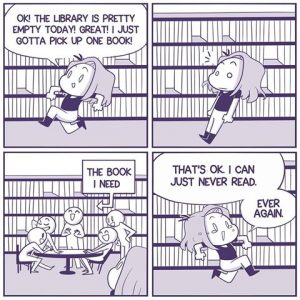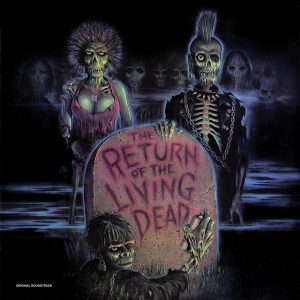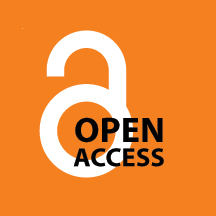Have you ever listened to a podcast and thought: “Hey, I could do that!” Well, I’m taking a class on podcasting this summer, and I can tell you that yes, you probably can do that, but there is a lot to know about the equipment, audio editing, software, storytelling, and interview preparation.
To create a podcast episode you will need a recording setup and audio software to edit the recording. And guess what? The library’s got you covered in the I-Create Lab!
Visit the I-Create Lab on the library’s second floor. Here you can get podcasting equipment to use in one of the lab’s study rooms to make your recording. Then you can use either Audacity or Audition software, available on computers in the lab, to edit your recording. How cool is that?
Moving on to actually making the podcast, I have a few tips to share.
- Familiarize yourself with the recording equipment. You don’t want a glitch with the recording to mess up your podcast.
- Use headphones to monitor the quality of your recording and pay attention to the recording level. You can boost a low recording level but be sure you aren’t recording at too high a level, because you will lose some of your audio quality.
- Do a practice recording and use it to play with the audio editing software. You’ll need to be able to create clips, recombine them, fade them in and out, and edit out extraneous noises. You can also experiment with adding effects to your recording. Have fun with it!
- Want to interview someone for your episode? Plan your questions. You don’t have to have a script for everything, but you do want to have enough good “tape” at the end to create a solid podcast. The best way to ensure that your episode tells a compelling story is to have a plan from the get-go.
- Need audio sounds for your podcast that you can’t capture in the I-Create Lab? Check out Freesound.org. Need music? Try Free Music Archive. Just remember to use sound clips or music in accordance with their licenses.
There’s lots more I could share but this covers the basics. You can find a lot more advice and instruction on the Internet if you’re interested, including some great articles on audio production from transom.org and NPR.
You can also learn a lot from listening to podcasts and focusing on the narration, the sounds and music instead of just the story. If you’re a big podcast fan, give it a try! It might change how you listen to podcasts forever.


